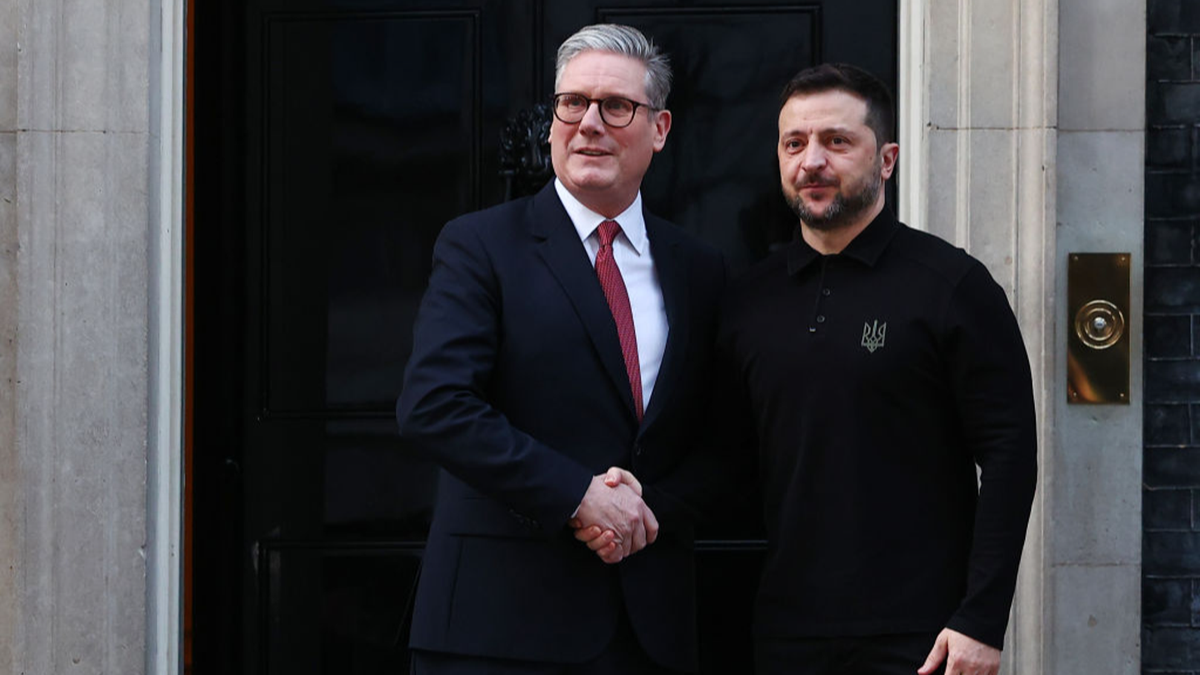Great Britain ‘lags behind’ Europe on betting ad regulation, says gambling charity

Great Britain “lags behind” Europe on measures to restrict betting adverts, according to a report released days after official data showed a sharp increase in the number of children with a gambling problem.
Restrictions on ads by bookmakers and casinos are increasingly becoming “the norm” across Europe in response to public health concerns, according to a report commissioned by the gambling charity GambleAware.
But advertising was left out of a white paper on gambling regulation published by the previous government in 2023 and Labour has so far been tight-lipped about whether it intends to address the subject, despite public support for tougher measures.
GambleAware said that GB had the most “lenient” regulation on gambling ads among comparable markets in Europe, citing Italy, Spain, Germany, the Netherlands and Belgium.
The permissive regime, introduced by Tony Blair’s Labour government in 2007, has persisted despite survey data suggesting that two-thirds of people think there is too much gambling advertising, with even more supporting tougher curbs on social media (74%) and TV (72%).
GambleAware is calling for policy changes to address public health concerns around the impact of gambling marketing, including a pre-watershed ban on broadcast adverts, restrictions on gambling content and marketing online, and a blanket ban across sports.
In the absence of such measures, the charity wants the government to introduce mandatory smoking-style health warnings on marketing. The previous government said it could not impose new restrictions on advertising owing to a lack of evidence that the promotion of gambling leads to harm.
But GambleAware rejected the conclusion. “There is strong evidence to show that gambling advertising increases participation and therefore risk; exacerbates harm; and normalises gambling as just a bit of ‘harmless fun’, particularly among children,” it said.
Estimates from 2017 suggest that gambling operators spend about £1.5bn a year on advertising and marketing. Separate research by the University of Bristol – which also produced the GambleAware report – has found that Premier League fans were subjected to nearly 30,000 gambling messages on this season’s opening weekend – a 165% increase on the year before.
Dr Raffaello Rossi, the author of both reports and a marketing researcher at the University of Bristol, said: “Our research shows that Great Britain has the strongest evidence of the gambling marketing’s harms but some of Europe’s fewest restrictions. This suggests that the lack of tight restrictions isn’t due to insufficient evidence but, rather, a lack of political will.”
A spokesperson for the industry’s lobby group, the Betting and Gaming Council, said: “This report is a work of advocacy, not academia, based on misused statistics and we do not recognise its findings or its conclusions.”
GambleAware’s report comes days after official data found that 85,000 children between 11 and 17 have a gambling problem, using strict diagnostic criteria, after the proportion doubled in a year.
The Guardian, which stopped accepting gambling adverts in summer 2023, asked the Department for Culture, Media and Sport to comment. A spokesperson said: “We recognise the impact harmful gambling can have on individuals and their families, and we are absolutely committed to strengthening protections for those at risk.”
They added: “Ministers are currently considering the full range of gambling policy and will update in due course.”
Related
Soft2bet: dozens of blacklisted gambling sites connected to award-winning European…
About Shady betsGlitzy offers and bonus bets lure in millions to online gambling every day. Yet behind the crafted promotions lies a different reality. One defi
Half of Online Gambling Firms Lose 10% of Revenue to…
The European online gambling (iGaming) sector is suffering multibillion-euro losses to fraud each year, according to new research from Sumsub. The identity ver
How Europe has responded to Trump warning Zelenskyy he’s ‘gambling…
In the wake of Volodymyr Zelenskyy and Donald Trump's spat in the White House, world leaders have been sharing their thoughts on the explosive argument.Inevitab
Is Europe on the brink of war? Three scenarios that…
It's generally agreed that Volodymyr Zelensky's meeting in the White House on Friday was an unmitigated disaster. After exchanging blows with Donald Trump and J












